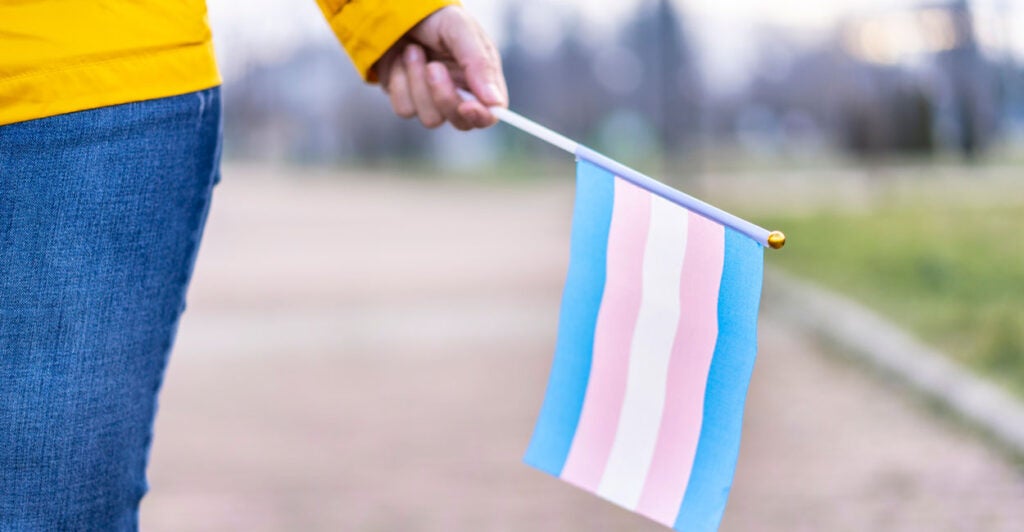Nearly half of the 1.6 million Americans who identify as transgender are teenagers or young adults, and some of the highest rates of youth transgenderism occur in blue states, according to a new study.
The study, conducted by the University of California Los Angeles Williams Institute, found that transgenderism rates varied between states, with New York seeing a 3% rate among youth compared to roughly 0.6% in Wyoming.
The percent of youth who identify as transgender had doubled since its last estimate, while transgenderism in adults had remained stable. Nearly a fifth of the total transgender population is aged 13-17, according to the study.
The states with the highest proportions of transgender youth were Democrat-led and generally more permissive of classroom instruction on gender identity and sexual orientation, such as New York, where state education guidance includes instructions on teaching about sexuality and gender identity. New York has nearly double the national rate of youth transgenderism, according to the study.
In Maryland, where Education Department officials included gender identity in state sex ed standards, 2.08% of youths identified as transgender, compared to the 1.43% national average. However, not all teachers necessarily include gender identity in their lessons, one of the standard writers told The Washington Post.
Education and regional politics do not fully account for regional differences in transgender prevalence: The Southeast has a higher prevalence of youth transgenderism than the West and Midwest. Florida, which recently banned classroom instruction on gender and sexuality for kindergarten through third grade, has a 1.32% rate of youth transgenderism, barely below the national average.
California law requires schools to teach students about transgenderism and various sexual orientations, according to the Los Angeles Times, but its 1.93% youth transgenderism rate is still considerably lower than New York’s.
Some commentators and medical professionals have suggested that the surging rates of transgenderism among youth are the result of social contagion. Erica Anderson, a transgender psychologist who works with transgender children, has said that social media is largely to blame and compared the trend with past waves of eating disorders among youths.
“To flatly say there couldn’t be any social influence in formation of gender identity flies in the face of reality,” Anderson told the LA Times in April. “Teenagers influence each other.”
Youths aged 13-17 are much more likely to identify as transgender when compared to adults aged 65 or older, the study found.
Content created by The Daily Caller News Foundation is available without charge to any eligible news publisher that can provide a large audience. For licensing opportunities for this original content, email licensing@dailycallernewsfoundation.org.
Have an opinion about this article? To sound off, please email letters@DailySignal.com and we’ll consider publishing your edited remarks in our regular “We Hear You” feature. Remember to include the URL or headline of the article plus your name and town and/or state.
